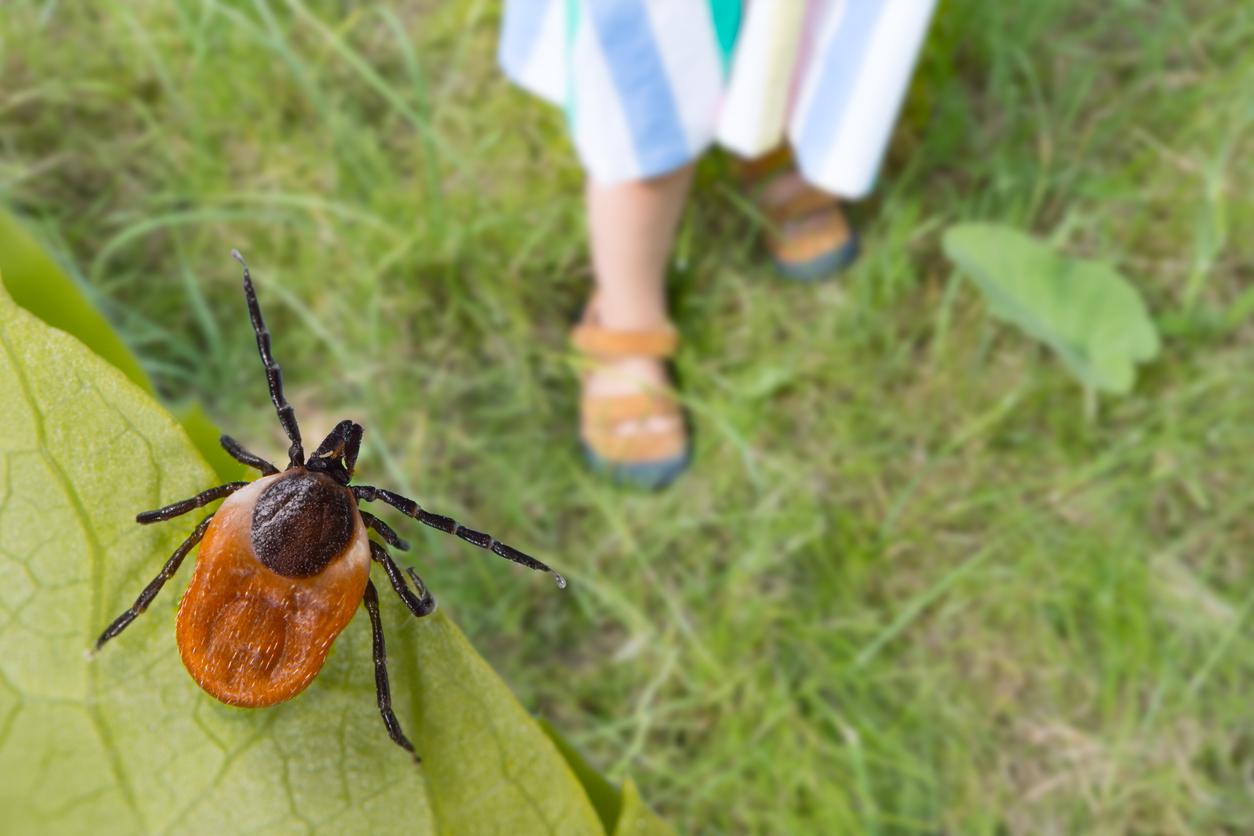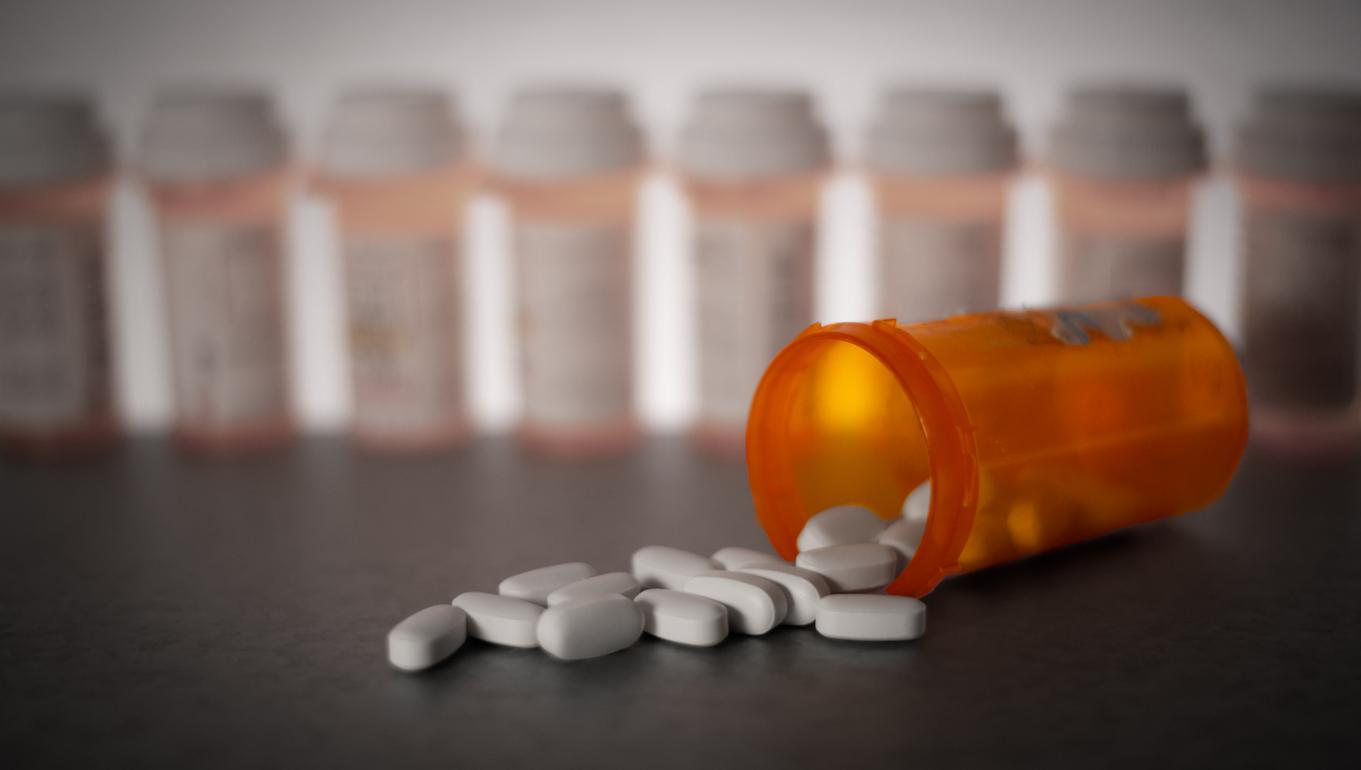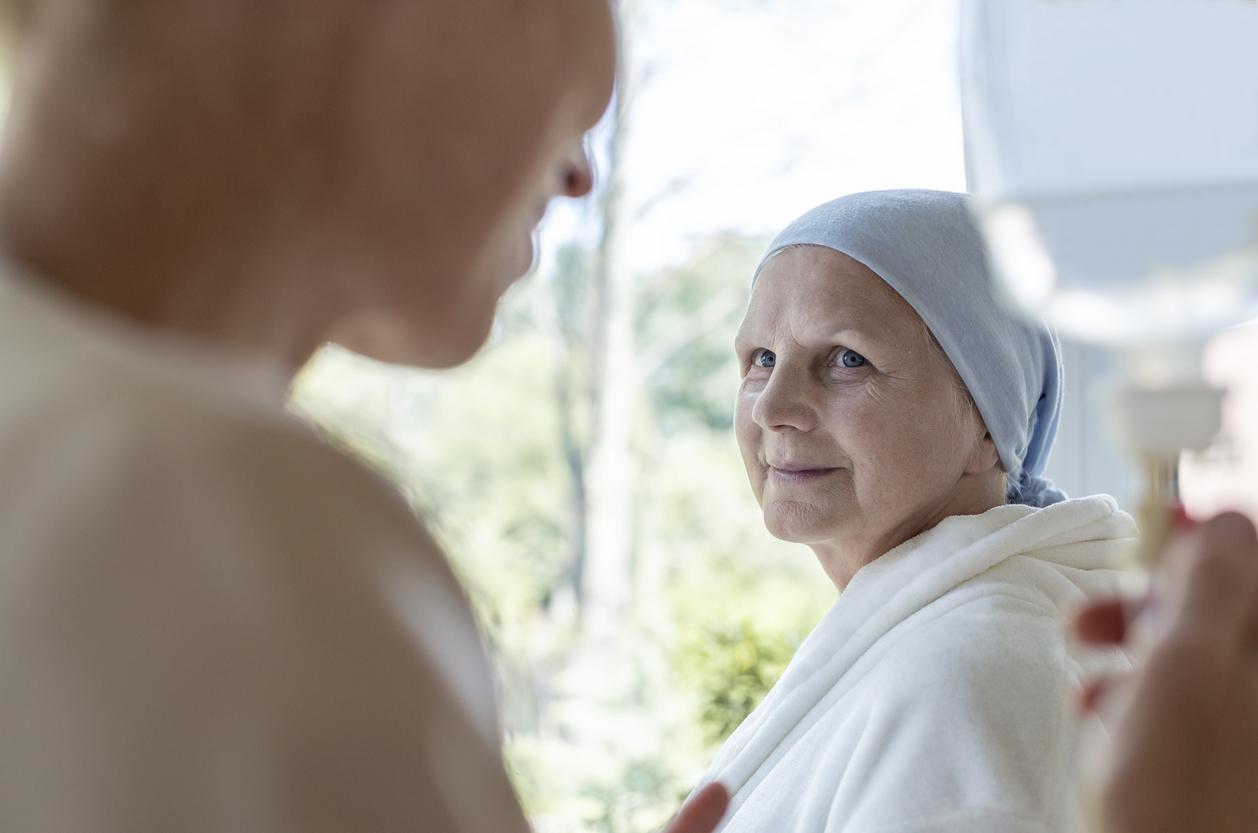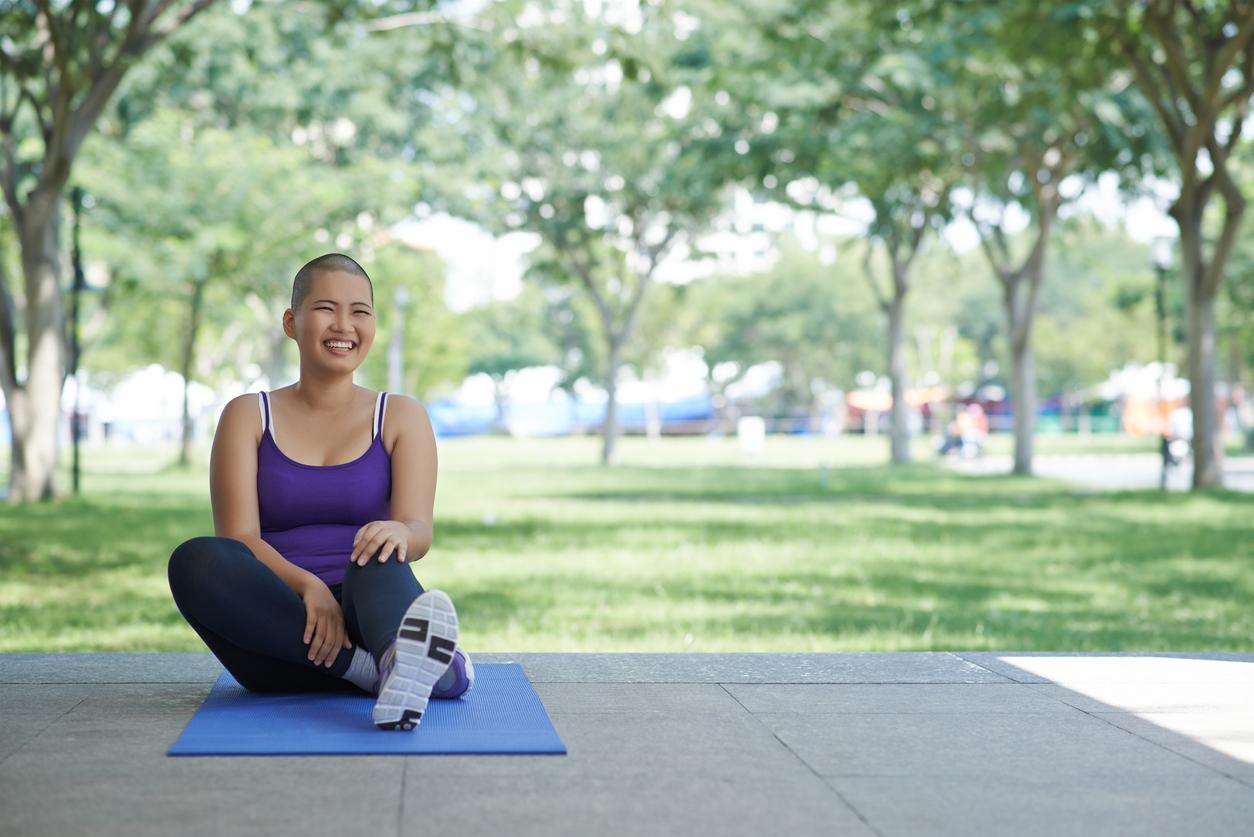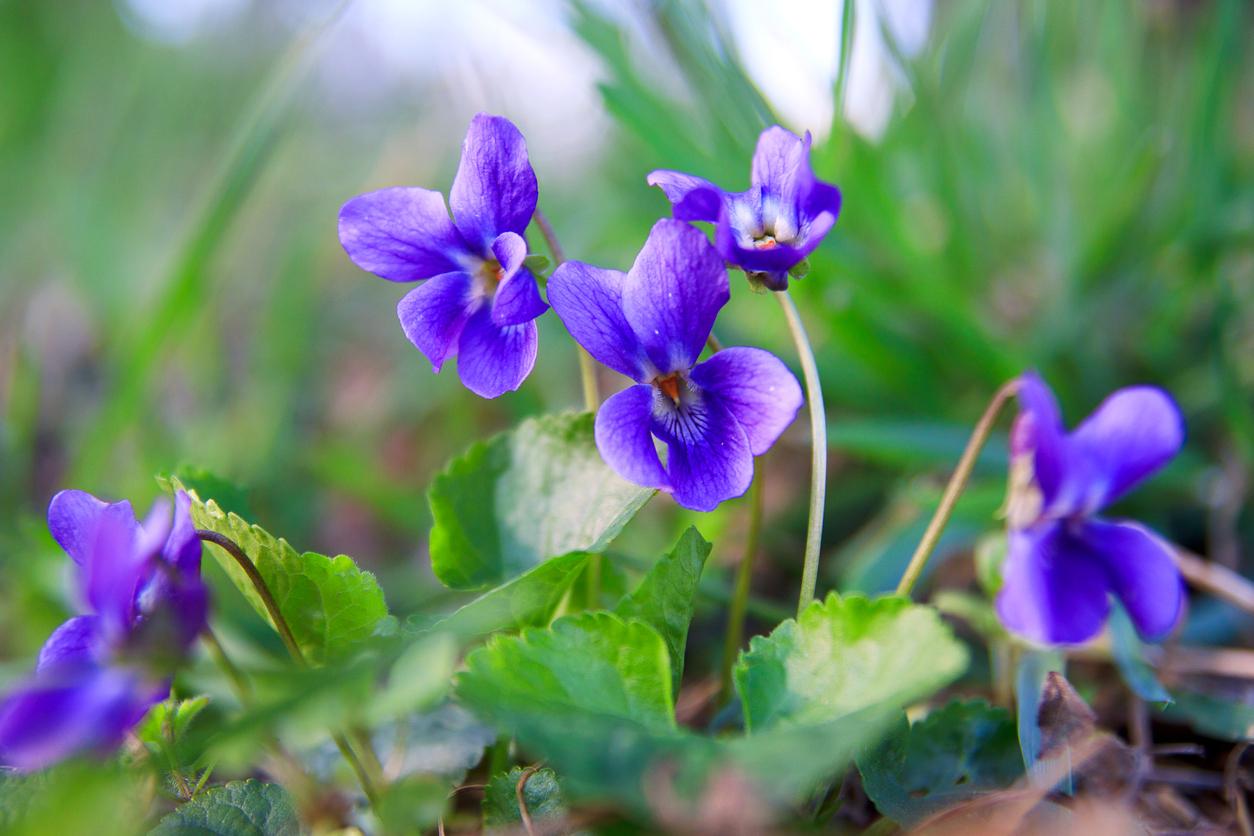Each year, the Ig Nobel reward the most unusual scientific research. For this 2022 edition, the medicine category was won thanks to this discovery: ice helps fight against a side effect of chemotherapy.

- The Ig Nobel is a parody ceremony of the Nobel Prize which rewards each year the ten scientific researches which lend themselves to the most laughter while proving to be really useful for science.
- The medicine prize was awarded to Polish researchers who discovered that eating ice cream could prevent the appearance of a very common side effect in patients undergoing preventive chemotherapy.
Do you know the Ig Nobel (pronounced “ignobèl”), this parody ceremony of the Nobel Prize which rewards each year the ten most unusual scientific researches which have a real utility for science?
Thursday, September 15 took place the 32nd edition. And among the ten fields awarded, ranging from literature to hard sciences, the medicine category prize was awarded to Polish researchers from the Medical University of Warsaw for their study published in November 2021 in Scientific Reports. Their discovery? Eating ice cream could prevent the appearance of a very common side effect in patients undergoing preventive chemotherapy.
Cryotherapy with ice cream
During the treatment of several cancers such as multiple myeloma – a cancer that affects the white blood cells -, amyloidosis or even systemic sclerosis, patients must undergo a transplant of a certain type of stem cells (hematopoietic stem cells, the origin of all blood cell lines in the body). Before this is done, several regimens of chemotherapy are administered, with high-dose melphalan. This treatment often causes a side effect: a painful inflammation of the oral mucosa, called mucositis or oral mucositis. To avoid this, cryotherapy is offered to patients.
This is where the innovation of our Polish researchers comes in: rather than ice packs or ice cubes, they offered the 52 patients sorbets and ice creams that were available in the cafeteria of the hospital where they were. supported. Each had the right to an ice cream at the start of their chemotherapy, then three others during the treatment. They could choose their flavor and request extra ice cream if they wanted.
Ice has a significant protective effect against mucositis
The only constraint: the patients had to let the ice gradually melt in their mouths so that the cold could act as in other cryotherapies. The development of mucositis in these patients was then compared with 22 patients who were deprived of ice.
Of the 52 patients who had the right to ice cream, only 15 had mucositis against 13 out of 22 in the other group. Consuming ice creams and sorbets would therefore have a significant protective effect against mucositis. Even if the test group is too small to guarantee the reliability of these results and to change the protocols already in place, this study perfectly corresponds to the criteria for winning an Ig Nobel: opening up unsuspected research angles thanks to a wacky experiment that made you laugh at the beginning.



